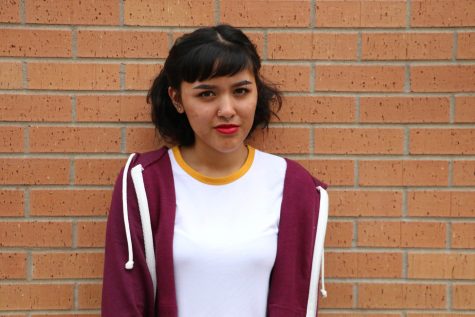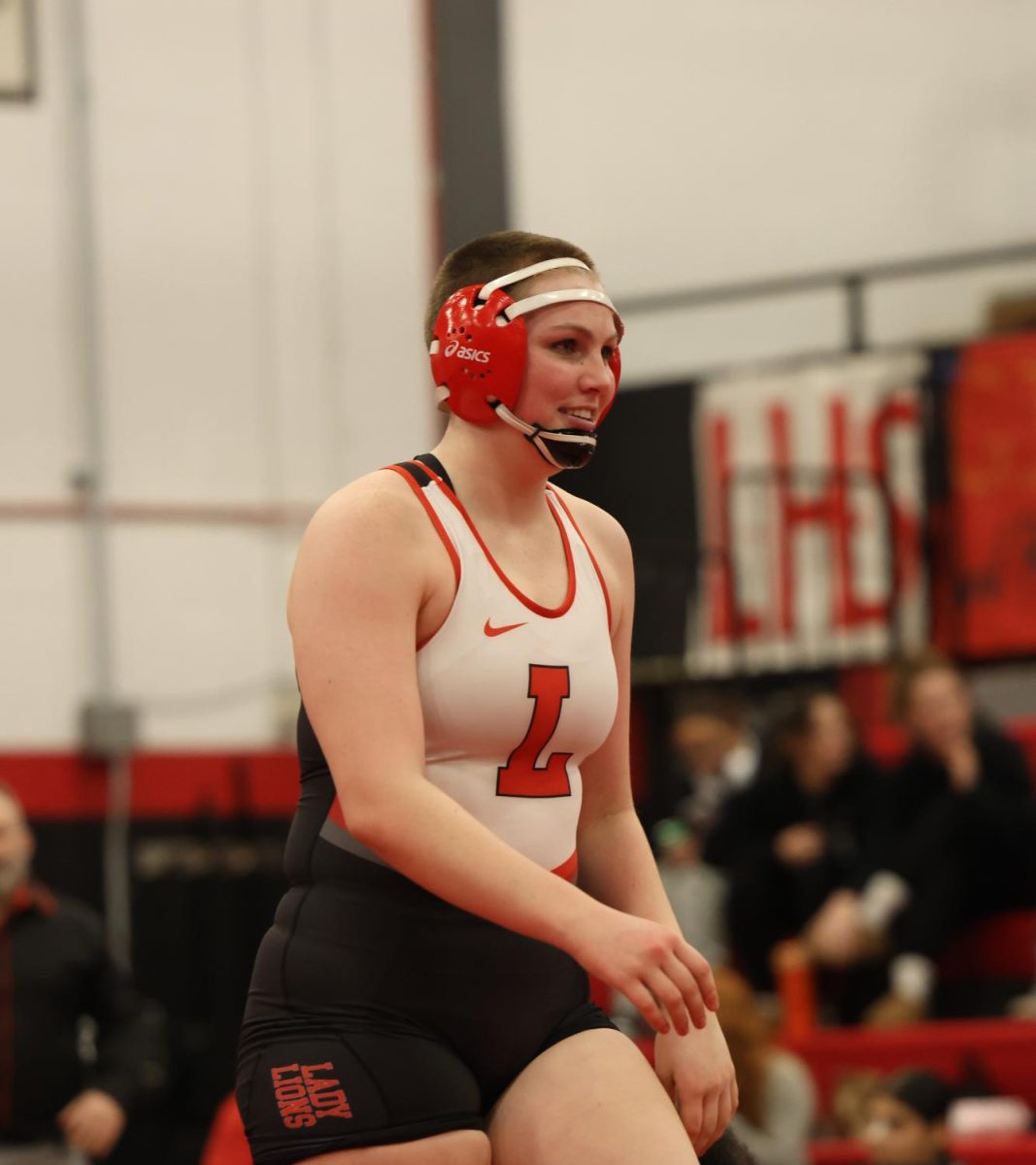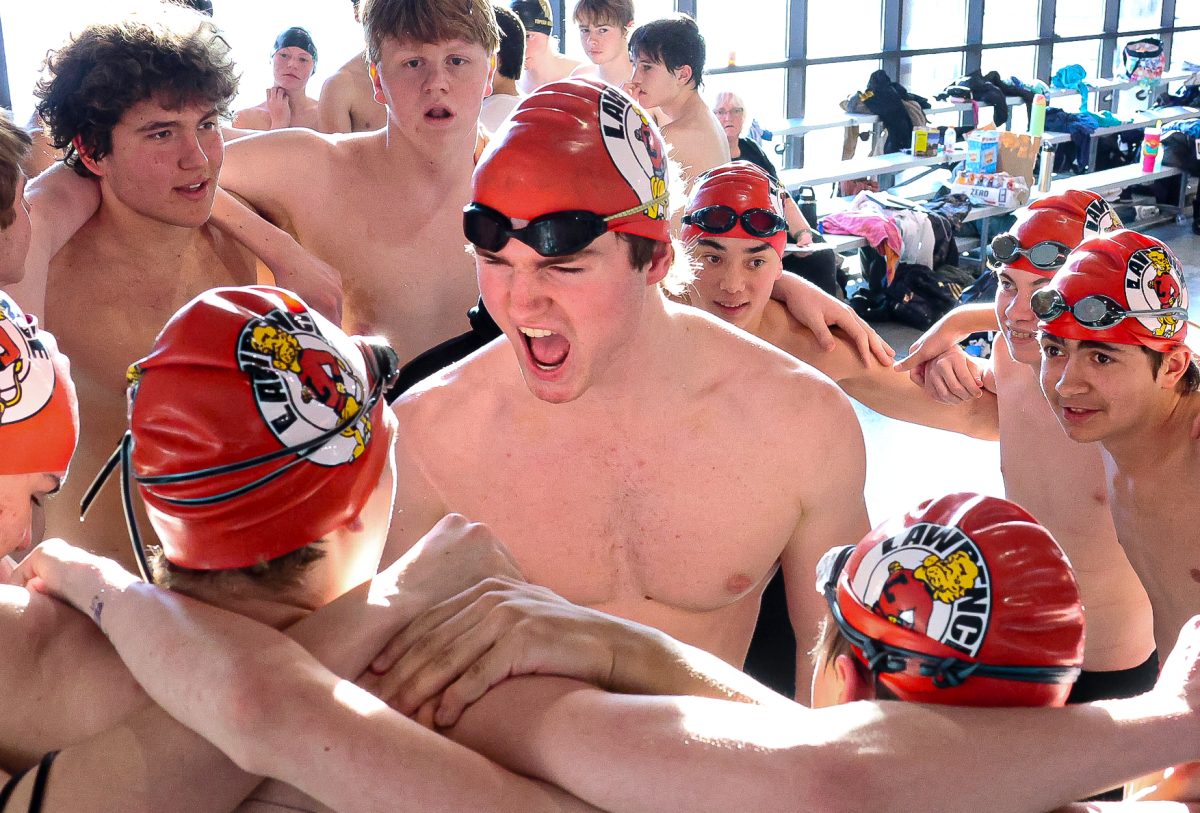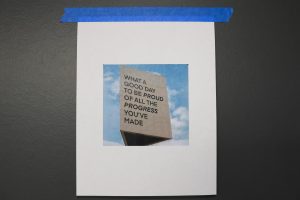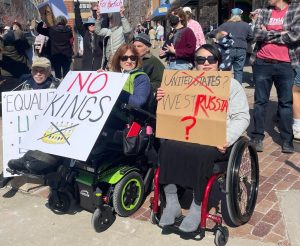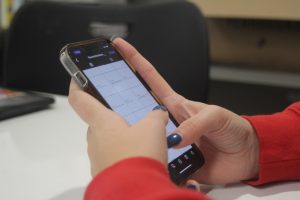Equity takes effort
November 30, 2016
I’m a sophomore, a yearbook editor, a French student, a Marching Lion, an androgynous girl who can play the guitar, a girl who makes dinner for five siblings every night and ultimately, a strong indigenous student with big, far-fetched goals. Because those are the best kind of goals to me.
I couldn’t do any of that without having some kind of motivation. As unfortunate as it is, my motivation relies on me proving my worth and proving I’m not the racial stereotype my country and community forces onto me.
My experience at South Middle School ate my confidence to the core as not just students, but faculty members, reinforced dehumanizing standards. Two years ago, these standards were reinforced when one of my social studies teachers made us watch a young Lakota boy sing an honor song while he wept and cut his hair.
I cried.
I connected with his grief. Afterward, my teacher made us reenact the scene, memorizing that Lakota honor song and singing it in the funniest voice for extra points. I was emotionally conflicted.
Cutting your hair out of grief isn’t funny. When my great grandma passed away, I watched my mom, grandma and aunties cut their hair and sob. I remember my grandma holding me — like a teddy bear — in her most vulnerable moment. She wept into my ear as we lowered her mother into the earth. I remember the singing, the hollering, the paint on our faces, the dancing. Native funerals are different. Native grief is different.
But my teachers and peers didn’t understand that when we had an entire unit on my culture. They became comfortable with their ignorance, and everything I knew became a joke.
As you can imagine, the problematic lessons in that classroom continued for weeks, and my 13-year-old mind had no idea what to do or how to feel. I recall always struggling with being who I was. I grew up wanting blue eyes and a pointed nose with every bone in my body, and my 9-year-old self would cry when I saw my brown face in the mirror. I restricted myself from being traditional. So, when my teachers made fun of my culture to the class, I didn’t know if I should defend myself or hate myself even more.
My young, non-native peers started making fun of my native friends and I, because the teacher showed us it was OK to do.
I loved South and I still do. But to know that this kind of unacceptable teaching is still happening two years later is disgusting.
Even as a middle school student, I reached out to adults I hoped could help. While I was comforted, changes didn’t result or at least weren’t apparent. I worry that’s what’s happening even today during the most recent event.
Progress is slowing down, and the spotlight on South Middle School is dying out. When tensions were still existent, the principal of South went as far as to contact my mother and myself, but we’ve never had the face-to-face meeting we expected. She made it very clear to me that she’s sorry and acknowledges that so many indigenous kids left that school damaged, but we need to know that the school is finding justice for us. We need follow-ups. We need a formal apology.
The school board can make as many equity teams as it wants, but until teachers actually start working for equity, the institutionalized racism in USD 497 will not end. I encourage all students and staff to take the time to research what is OK and what isn’t when your lessons regard any sort of controversial or racial topics.
To the teachers and administration, don’t let this slide. When you’re silent during these kinds of serious allegations, you’re choosing the side of the oppressor.
To the students, find the strength in yourselves to call out what makes you uncomfortable, because these buildings and curriculums were built for you, your education and your safety.



